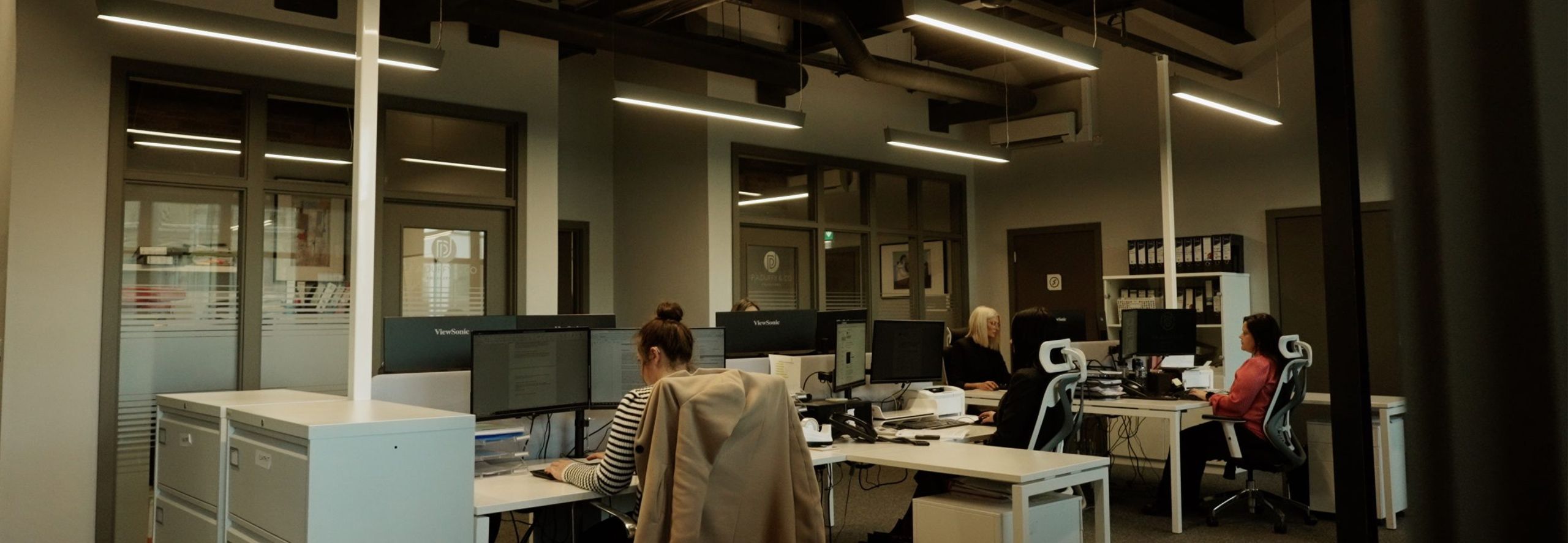
Ireland Covid-19 Public Inquiry
The Irish Covid-19 Public Inquiry is an independent investigation which is to be established. The terms of reference are not yet published but it is hoped that the Inquiry once set up will examine the preparation for, response to, and impact of the Covid-19 Pandemic in Ireland particularly in the care home sector which was disproportionately affected. The Inquiry will not deal with issues of civil and criminal liability but instead make recommendations for future change that will be presented to Government.
Public Inquiries are independent investigations which are established in response to public concern about a particular event or set of events.
An Inquiry is established with powers to investigate matters of public concern and is typically led by an experienced Chairperson. Upon completion, a report which presents recommendations is submitted to Parliament for consideration.
What is the Covid-19 Inquiry?
Without question the handling of the pandemic in Ireland has become a matter of significant concern, particularly in relation to the handling of Covid-19 in healthcare settings such as hospitals and nursing homes. To ensure Ireland is prepared for a future global pandemic, it is essential to guarantee a transparent investigation that will establish facts, and learn lessons from, the strategic response to the Covid-19 pandemic in Ireland.
The upcoming Covid-19 Inquiry is reported to examine the preparation for, response to, and impact of the Covid-19 pandemic in Ireland. It is understood that this investigation will bring clarity and ascertain accountability for the State’s core decision-making across key policy areas during the pandemic. By way of example topics of investigation may include but are not limited to:
Pandemic planning and exercises carried out by the Government.
The decision to lockdown and to apply other restrictions.
The delivery of a system of testing, outbreak management and self-isolation; HEPA ventilation in all homes.
The supply, distribution, and use of Personal Protective Equipment.
The transfer of residents to or from care and nursing homes, treatment and care of residents including implementation and support for resident's human rights, restrictions on visiting, infection prevention and control, and inspections.
Other areas may also be examined such as the economic impacts of the pandemic.
FAQs
What happens now that the Inquiry has been established by the Irish Government?
Taoiseach Leo Varadkar has confirmed that the investigation into the State’s handling of the Covid-19 pandemic will take the form of a full public inquiry. We await the terms of reference to be published which will outline the nature and the provisional scope of the inquiry’s investigation.
What form will an upcoming Inquiry take?
In the Republic of Ireland, there are several forms of public inquiry with different powers:
Tribunals of Inquiry
A Tribunal of Inquiry, often called a tribunal or statutory inquiry, are established with the powers, privileges, and rights of the High Court. Their work is primarily inquisitorial and not adversarial. Tribunals are invested with the power to compel the attendance and examination of certain witnesses and the production of relevant documents. Hearings are commonly held in public but can, at the Tribunal's discretion, be held in private. Upon completion, Tribunals are required to report their findings to Parliament (The Oireachtas).
Commissions of Investigation
A Commission of Investigation is established by Government order which must be approved by the Dáil and Seanad. The terms of reference for such investigations are set by the State or by an individual Cabinet Minister. While this method of investigation has been deemed more efficient and less expensive, evidence is typically presented to the Commission in private hearings. Upon completion, a commission of investigation will present a conclusive report of its findings to a specified Minister.
How does an Inquiry affect the bereaved and do I possess the right to redress?
In Ireland, there have been some occasions following a state investigation that victims have been afforded the right to redress. For example, schemes have been established to compensate victims of various state failings during the relevant periods which were under investigation.
Examples of such compensation schemes include:
The Hepatitis Compensation Tribunal 1995. Compensation was afforded to those infected with Hepatitis C or HIV as a result of the use of Human Immunoglobulin Anti-D or as a result of the receipt of a blood transfusion or blood product within the State.
The Residential Institutions Redress Board 2002. Established to compensate victims of historical child abuse while resident in industrial schools, reformatories and other institutions subject to State regulation or inspection.
Caranua 2013 was established under the Residential Institutions Statutory Fund Act 2012 to help those who experienced abuse in residential institutions and have received settlements through the Residential Institutions Redress Board or the courts.
The Symphysiotomy Payment Scheme 2014 was set up to provide ex-gratia payments to women who underwent a surgical symphysiotomy or a pubiotomy in any hospital in the State between 1940 and 1990.
Why is it important that the upcoming Covid Inquiry is a statutory inquiry?
We consider this as vital because a statutory inquiry is established with the powers, privileges, and rights of the High Court. Their work is primarily inquisitorial and not adversarial. Tribunals are invested with the power to compel the attendance and examination of certain witnesses, the production of relevant documents, and the requirement to involve the bereaved.
What is the goal of this Inquiry?
The goal of any Inquiry is to produce an evidenced understanding of the handling of the Covid-19 pandemic in Ireland. To determine accountability for failures of Government, State authorities and key stakeholders all of whom were involved in key decision-making throughout the pandemic. Finally, it will make recommendations to ensure lessons are learnt to inform Ireland’s preparation for, and response to future pandemics and/or public health emergencies.
Will my voice be heard?
Our expert legal team understand that everyone has a unique and individual story to share. We will aim to incorporate and prioritise every voice throughout our submissions at the various stages of any upcoming Inquiry.
Can criminal prosecution take place during an Inquiry?
A public inquiry cannot determine criminal liability. It can however conclude whether criminal and civil liability was present. For example, in the Hillsborough Investigation, the jury concluded that the deceased had been unlawfully killed which subsequently paved the way for separate criminal proceedings.
Get in Touch
Speak to us with No Obligation
Contact Our Solicitors
Please fill out the simple form below and we will contact you as soon as possible

